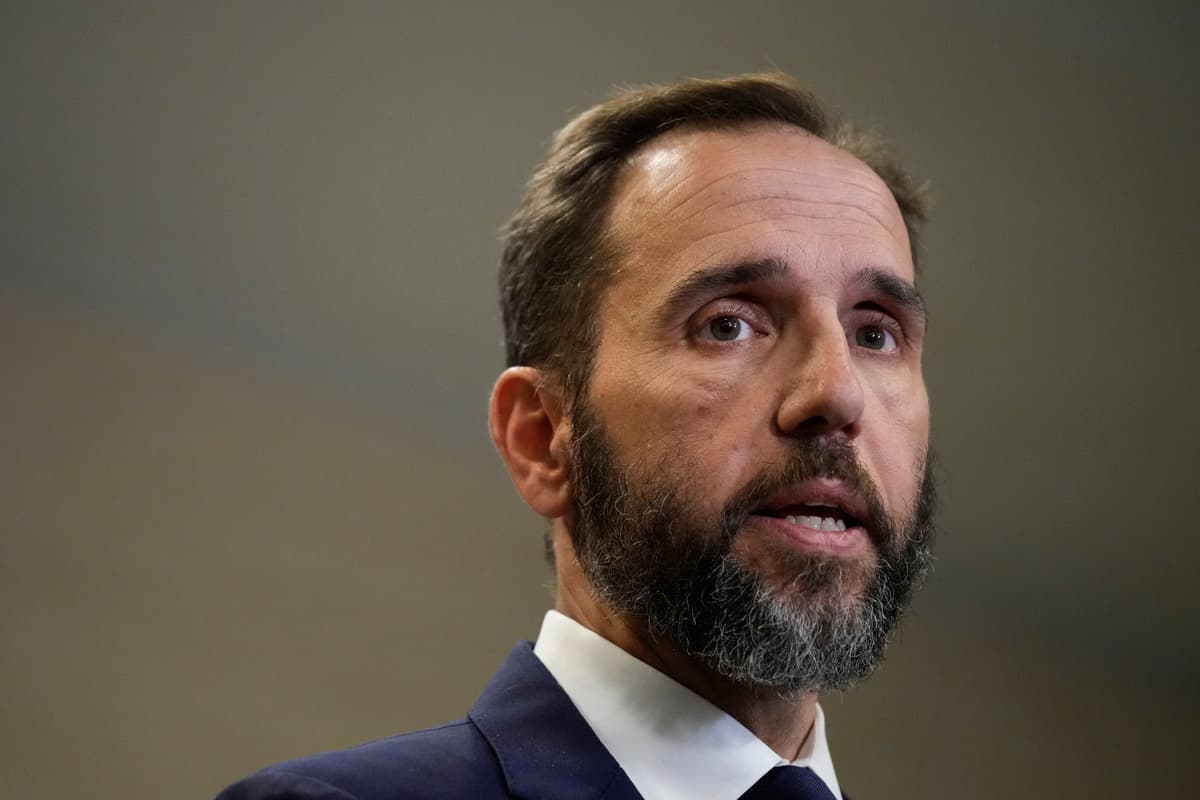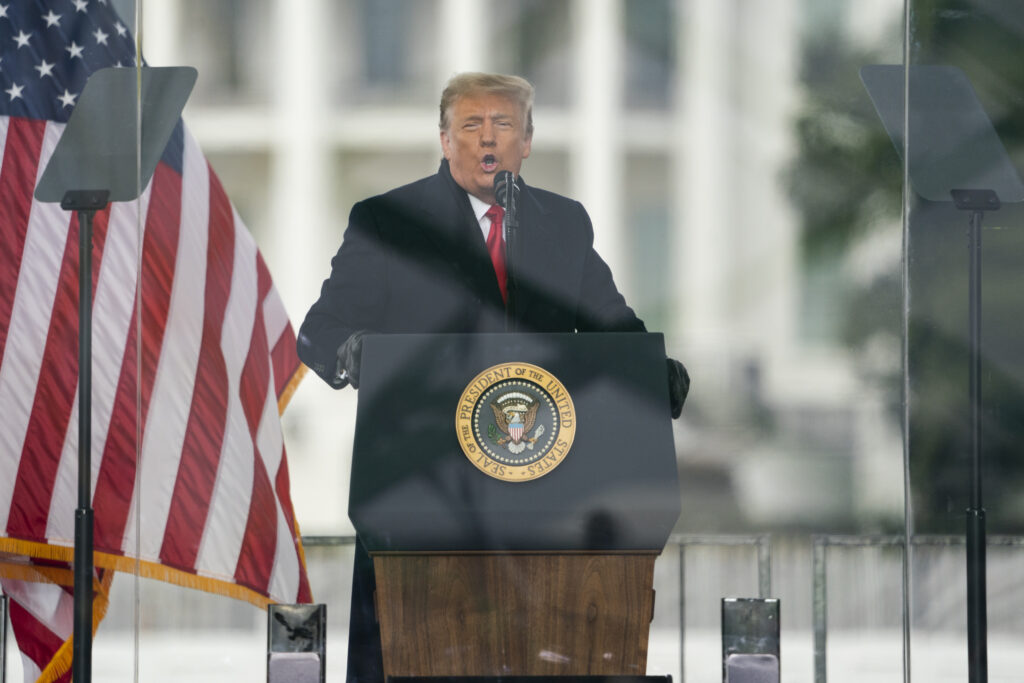Jack Smith and Donald Trump Brace for Unusual ‘Mini Trial’ as Prosecutor Pushes for Real Trial To Begin
There has never been in a district court evidentiary hearing on presidential immunity — until now.

Judge Tanya Chutkan’s weekend order mandating an August 16 conference to determine the course of Special Counsel Jack Smith’s case against President Trump brings into focus the new litigation reality created by the Supreme Court’s immunity ruling in Trump v. United States.
The judge wants both parties, by August 9, to brief her on their respective visions for a schedule of “pretrial proceedings moving forward.” Judge Chutkan adds that “If necessary, the parties may explain any disagreements. ” She declares the “court will set additional deadlines” following the meeting on August 16.
The scheduling order marks a new phase in Trump, which has traced a circuitous path up and down the tiers of the federal judiciary. In February Judge Chutkan, who meted out harsh punishments to January 6 rioters, ruled that former presidents are not entitled to immunity because they do not operate under the “divine right of kings.” She was affirmed by the United States Court of Appeals for the District of Columbia Circuit.
Then the high court, in a six to three decision authored by Chief Justice Roberts, reversed Judge Chutkan and the appellate riders. The justices ruled that presidents are presumptively immune for official acts, absolutely immune for actions at the heart of their responsibilities, and lack immunity for unofficial acts. The Nine returned the case to Judge Chutkan. The justices explain that the “first step in deciding whether a former President is entitled to immunity from a particular prosecution is to distinguish his official from unofficial actions.”
Judge Chutkan now has now been tasked by the Nine with a job that she could find disagreeable. Her belief in the fallibility of presidents, at least as regards Trump, have been well-documented. In addition to her “divine right” ruling in the immunity case she also declared the “presidents are not kings” in a 2021 order compelling Trump to release White House records to the Congressional Democrats investigating January 6.
No judge has ever had to parse presidential behavior. The Supreme Court notes that “no court thus far has drawn” the distinction between official or unofficial acts, “in general or with respect to the conduct alleged in particular.” Chief Justice Roberts insists that the district court is the venue for such an investigation, as the high court “is a court of final review and not first view.” The determinations Judge Chutkan makes, though, could be considered by the justices on appeal.

Now Judge Chutkan will have to preside over the unprecedented — a so-called “mini-trial” to discern which acts can serve as a basis for prosecution and which must be excised from Mr. Smith’s charge sheets. She will be required to hew, however grudgingly, to the Supreme Court’s mandate that acts that are entitled to immunity are not only blocked from prosecution — they also cannot be used as evidence to build a case.
In inviting Trump and Mr. Smith to share their views on how this novel process should unfold, Judge Chutkan appears to be modeling rhythms of a traditional trial. A point of contention is likely to be scheduling. Mr. Smith has long asserted the public’s “compelling” interest in a trial before November’s election, though the Supreme Court has not found that persuasive. Still, the case could see hearings in the fall.
Judge Chutkan ensured that immunity would have its day in district court when she declined to grant Trump’s motion to dismiss the case as an instance of “selective and vindictive prosecution.” She found that Mr. Smith’s charges across multiple jurisdictions failed to “raise the red flag of vindictiveness” enough to warrant dismissal. That is a vote of confidence for Mr. Smith’s case, which now must navigate an adverse immunity ruling.
The immunity litigation, which will involve witnesses and the presentation of evidence, could serve as a preview for the full-blown trial, if one ever occurs. That could depend on whether Trump wins the White House. If he does, he could fire Mr. Smith and possibly issue himself a pardon. If, though, voters choose Ms. Harris, Judge Chutkan would likely have the time to conduct not only a “mini-trial,” but also the kind that features a jury.

